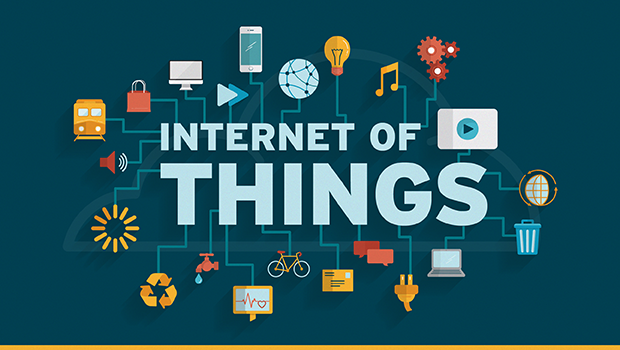In today’s fast-moving digital world, the idea of “smart” is no longer limited to phones or computers. Everyday objects from kitchen appliances to light bulbs are quietly undergoing a technological makeover. This wave of innovation, driven largely by the Internet of Things (IoT) and artificial intelligence (AI), is transforming how we interact with the spaces and tools around us.
Your Home, Reimagined
Take a walk through a modern home, and you might be surprised by how many objects now think for themselves. Thermostats learn your daily routine and adjust the temperature automatically. Refrigerators track expiration dates and suggest recipes based on what’s inside. Even doorbells have gained new life, with built-in cameras and real-time alerts that let you answer your door from halfway around the world.
Smart lighting systems let you adjust brightness and color with a voice command or a tap on your phone, creating ambiance while saving energy. Meanwhile, robot vacuums and lawnmowers roam autonomously, handling chores that once demanded our time and effort.
In the Kitchen and Beyond
The kitchen has become a hotspot for innovation. Smart ovens can now recognize different foods and cook them to perfection. Coffee machines sync with your morning alarm to have your brew ready before you’re even out of bed. Some appliances can even be controlled remotely so if you forgot to turn off the stove, your phone has you covered.
But smart doesn’t stop at home. Wearable devices like fitness trackers and smartwatches help us monitor our health, sleep, and activity in real time. Smart mirrors offer weather updates and calendar reminders as you brush your teeth. Even toothbrushes themselves are learning to track your brushing habits and provide personalized feedback.
Why It Matters
The goal of all this innovation isn’t just convenience—it’s efficiency, safety, and better decision-making. Smart water systems help detect leaks early, saving thousands of gallons. Smart plugs and energy monitors can reduce electricity bills by identifying wasteful usage. As cities grow more crowded and resources become more precious, these little efficiencies add up.
Are There Risks?
Of course, a more connected life raises new questions. What happens to all the data collected by these devices? How secure are they from hackers? As technology advances, so too must regulations and best practices to protect privacy and ensure safety.
The Future Is Just Getting Started
We are only at the beginning of what smart objects can do. As AI grows more powerful and sensors become more affordable, we can expect even greater integration in the years ahead—from smart clothing that monitors health to intelligent grocery carts that scan and pay for your items as you shop.
What was once science fiction is fast becoming part of our daily routine. In the not-too-distant future, we may look back at “dumb” objects the same way we now look at rotary phones—quaint relics of a simpler, less connected time.






